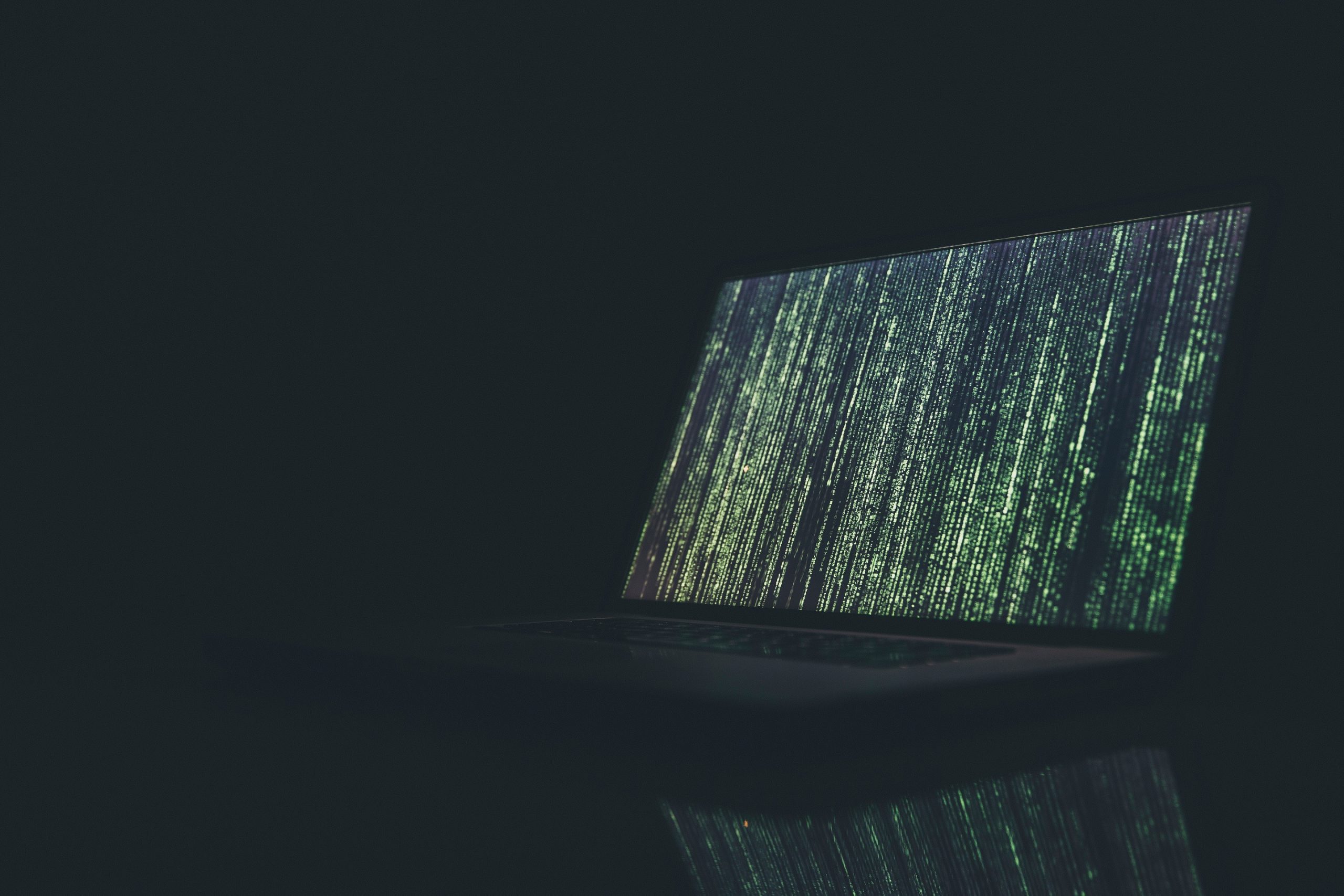Two Russian diplomats have been ordered to leave the Netherlands for spying in the area of knowledge and technology.
(Photo: Markus Spiske / Unsplash)
The diplomats made use of sources at companies and an institution of higher education. The General Intelligence and Security Service (AIVD) has since disrupted the activities, writes Minister Ollongren of the Interior in a letter to the Dutch House of Representatives. The Russian ambassador has been summoned.
The spies were seeking information on artificial intelligence, semi-conductors and nanotechnology, Ollongren said. “Much of this technology has both civilian and military applications.”
Interest
TU Delft and other universities and universities of applied sciences offer programmes and conduct research in these areas. Students and lecturers also gain access to companies via internships and collaborative arrangements, which can attract the interest of foreign intelligence services.
As the AIVD rarely if ever provides details, it is not known which research university or university of applied sciences was involved in the ‘network of sources in the high-tech sector’ that has now been broken up. This is confirmed by a TU spokesperson: “The matter lies with the AIVD. So even if we know something, we are not allowed to say anything about it”.
Contact
The AIVD has since approached the sources with whom the Russians had contact. In some cases the companies and institutions of higher education have been informed to allow them to take measures.
At the end of last month, the government sent a letter to the House of Representatives on ‘knowledge security’ in higher education and science. Though the letter did not specifically refer to Russia, it referred to China, Iran and North Korea.
Tighter measures were announced in the government’s letter. Some researchers or students may be denied visas if there is a risk of ‘undesirable knowledge transfer’.
Punishable offence
Minister Ollongren announced a further measure. The government wants to criminalise cooperation with foreign intelligence services, in addition to the (sometimes difficult to prove) violation of state, official and trade secrets.
HOP, Bas Belleman
Do you have a question or comment about this article?
redactie@hogeronderwijspersbureau.nl


Comments are closed.